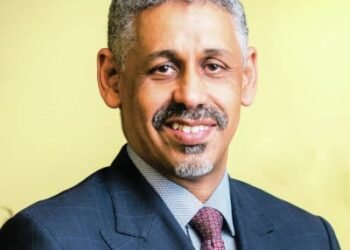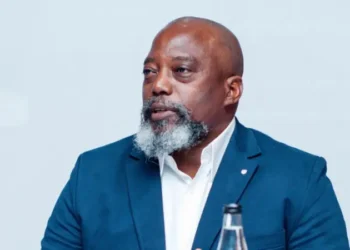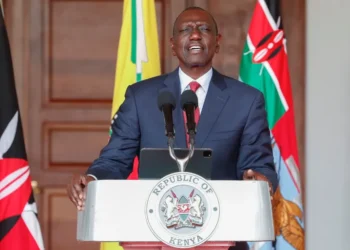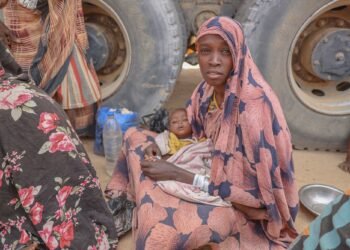Kenya, East Africa’s economic powerhouse, is grappling with a growing debt crisis exacerbated by recent deadly protests that forced the rejection of a crucial finance bill.
President William Ruto warned that this setback would have “huge consequences” for the nation’s economy.
Under mounting public pressure to resign, President Ruto announced plans to halve the $2.7 billion budget deficit and seek loans to cover the remainder, though he did not specify the sources of these funds.
The rejection of the finance bill followed widespread anger over government bureaucracy and the luxurious lifestyles of senior officials, which fueled the protests.
In response to the public outcry, Ruto has pledged to cut funding for his office and eliminate budgets for the offices of the first lady, the “second lady” (the vice president’s wife), and the wife of the prime Cabinet secretary.
Additionally, nearly four dozen state enterprises with overlapping functions are set to be closed.
Despite these measures, Ruto’s popularity has plummeted during his two years in office. His efforts to introduce new taxes aimed at repaying Kenya’s $80 billion public debt, owed to lenders like the World Bank, the International Monetary Fund (IMF), and China, have been met with widespread resistance.
Currently, Kenya’s public debt accounts for about 70% of its gross domestic product, the highest in two decades.
The critical question now is how Ruto’s administration will manage to service this debt without further inflaming public discontent or stalling the economy, which grew by 5.6% in 2023.
Economist Mbui Wagacha, a former advisor to President Uhuru Kenyatta, emphasized the need for a professional budget and management body akin to the U.S. Office of Management and Budget.
“Parliament has abdicated its mandate on the public finances in the Constitution and it’s looking after its own interests,” Wagacha said.
He warned that further borrowing could be “disastrous” and suggested that Kenya should use diplomacy to attract investment and restructure its debt in hopes of some debt forgiveness.
Another economist, Ken Gichinga, echoed concerns that additional government borrowing would hinder economic recovery. He noted that businesses are still reeling from the impacts of the COVID-19 pandemic and the war in Ukraine.
“When the government borrows more, interest rates go up. And when interest rates go up, businesses slow down, the economy slows down, due to the high cost of repayment.”
Ken Gichinga
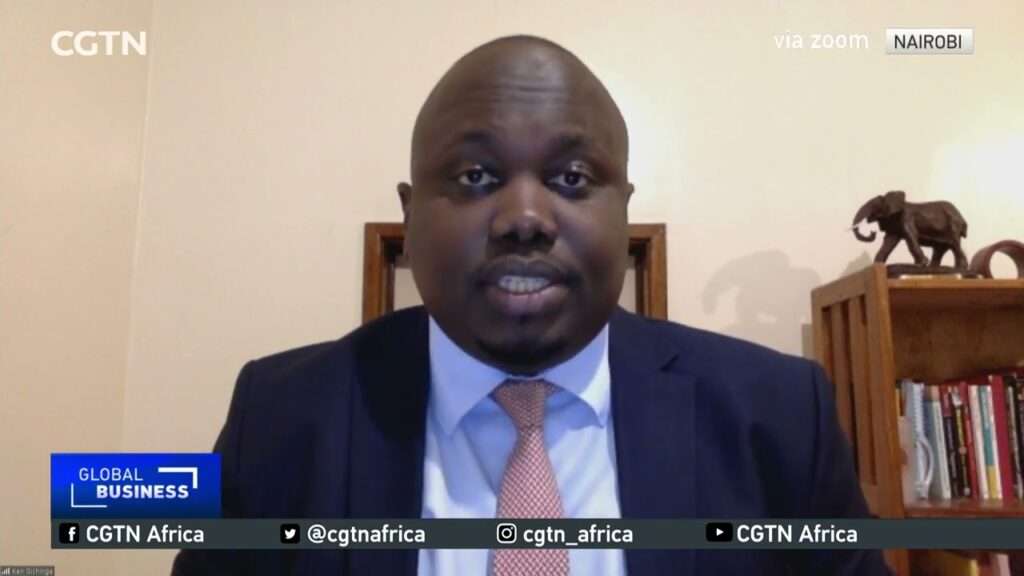
Ruto’s Plan Met With Resistance
President Ruto has advocated for self-sustainability, urging the country to raise more revenue internally rather than relying on loans.
“If we are a serious state, we must be able to enhance our taxes,” he asserted in May 2024. However, this approach has been met with resistance from Kenyans struggling with rising prices of basic goods, leading to violent protests and even the storming of parliament.
Despite announcing last week that he would not sign the finance bill he previously supported, Ruto claimed he had worked diligently to “pull Kenya out of a debt trap” and warned of severe repercussions ahead.
Wagacha emphasized the importance of economic growth before increasing revenue targets and tax collection.
“You create an expanded economy with employment and investment, and people have money in their pockets. It’s much easier for them to hear about your request for taxes.”
Mbui Wagacha
He also suggested improving access to low-interest credit for businesses in key sectors like tourism and agriculture, highlighting that small businesses are crucial for absorbing many employees and addressing high youth unemployment.
Gichinga added that the government should incentivize job creation with low taxation and reduced interest rates. “At the end of the day, we need a jobs-centered economic policy. That’s what we’ve been lacking,” he said.
The IMF, which had recommended some of the contentious tax changes, has also faced public backlash. Protesters displayed posters with messages like “IMF stop colonialism.”
In response, the IMF stated it was monitoring the situation in Kenya and aimed to help the country “overcome the difficult economic challenges it faces and improve its economic prospects and the well-being of its people.”
Gichinga urged the IMF to play a more active role in Kenya’s development beyond focusing on debt sustainability, advocating for it to become a “strong development partner.”
READ ALSO: Venture Capital Trust Fund Enhances Capacity of Fund Managers and Teams



